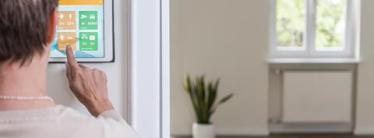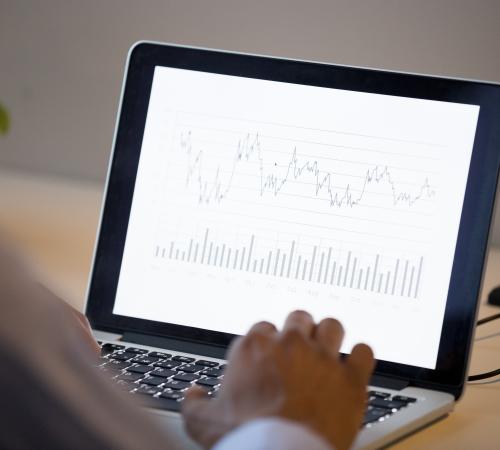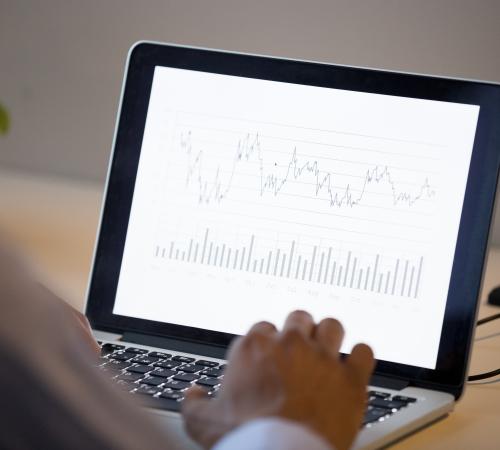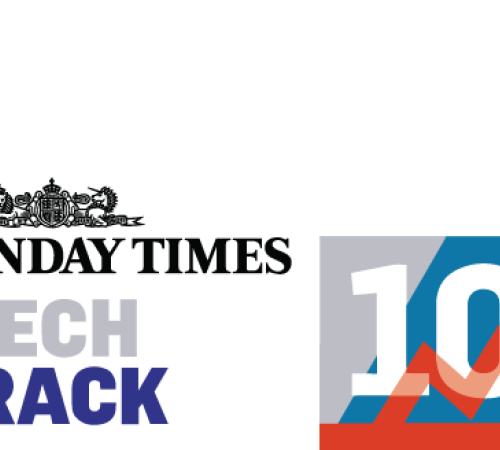

Twenty years ago, gurus told small business owners to get on that world wide web thing, or be left behind. More recently, the call was for mobile-friendly websites and apps.
And the future is the Internet of Things (IoT) (external link). The IoT is the term used to describe the phenomenon that many everyday objects, from smart TVs to self-driving cars, have (or will soon have) the ability to send and receive data via the Internet (for more, check out some key facts about the IoT (external link)).
Mega-corporations like GE are getting on the IoT bandwagon in a big way. In the near future, everything GE makes from refrigerators to aeroplane engines will be phoning home to let the mother company know how things are going. This will enable GE to collect performance and usage data and even send a service technician out to fix your machine before you even know a component has gone bad.
And that’s fantastic for a huge company with deep pockets. But what does the IoT offer small businesses?
A way to compete and disrupt
IoT technology is still new enough that small businesses and startups can get in on the ground floor. They can find ways to use these technologies to compete with bigger, slower-moving competitors in their niche, and even disrupt a market entirely.
Think about Uber, for instance. Uber couldn’t exist without smartphones that allow riders and drivers to access the apps that make the business model possible.
The same could be true for your corner of the market.
As sensor technology becomes less and less expensive, smaller companies will have the opportunity to use it to innovate. One company, Valarm (external link), realised it could use old smartphones as sensors for a fraction of the cost. It installs them as part of a system to help vintners protect their vines against freezing temperatures, and micro brewers control CO2.
I’ve personally helped smaller retail organisations install sensors that monitor foot traffic and customer behaviour that, combined with sales data, encouraged them to close one location and focus on growing the others.
IoT has also provided sophisticated tools to very small businesses. American Express’ Square tool for accepting credit cards has revolutionised small arts and crafts vendors that might have had to rely on cash or cheques only before. And it wouldn’t be possible without the smartphone or tablet connected to the internet that makes the transaction possible.
New revenue streams
The other major impact IoT will have on small business is the emergence of new revenue streams that might otherwise never have existed.
Take, for example, Schneider Electric (external link), a multi-national company that literally built a better mousetrap, which includes sensors to alert the company when there is a rodent that needs to be removed. It sells the traps, along with a monthly service subscription, to hotels and businesses.
But Schneider doesn’t want to be in the rodent removal business. Therefore, it needs small operators in cities and towns all over the world who are willing to go in and perform the actual physical task.
The same will be true as smart garbage cans, landscape irrigation, lighting systems, and more become more mainstream.
Small businesses have the opportunity to solve what is called “the last mile problem,” in transportation circles. They can be the bridge between the information sent out by a smart device and the physical world.
No doubt other opportunities will continue to emerge for entrepreneurs with their finger to the pulse of innovation, whether they develop and provide the IoT devices or interface with them in a physical way.
For more from Bernard visit the Bernard Marr column hub on the Hiscox small business knowledge centre.
If you’re interested in supporting and growing your small business, then make sure you’ve got the right level of commercial insurance. Hiscox specialise in small business cover, so why not follow the link to get more information or a business insurance quote today.
Disclaimer:
At Hiscox, we want to help your small business thrive. Our blog has many articles you may find relevant and useful as your business grows. But these articles aren’t professional advice. So, to find out more on a subject we cover here, please seek professional assistance.






